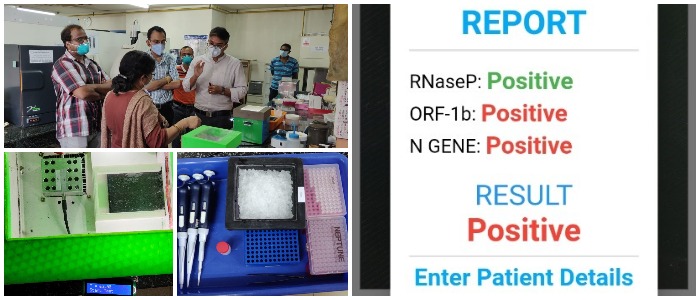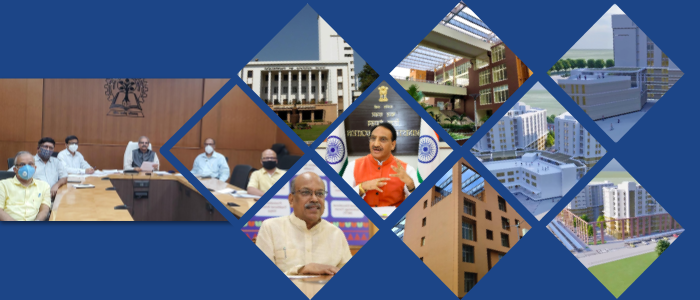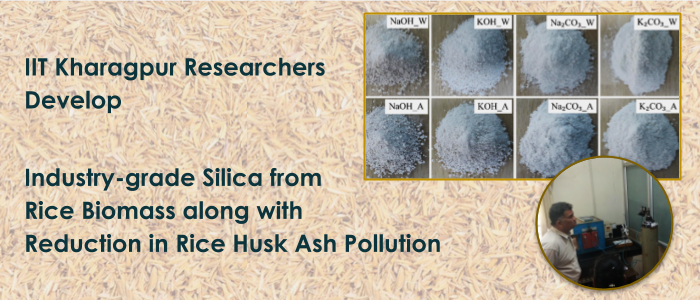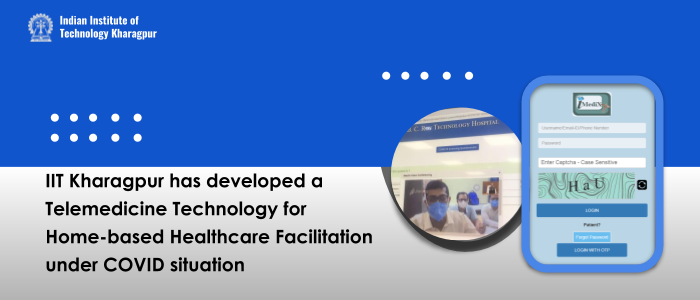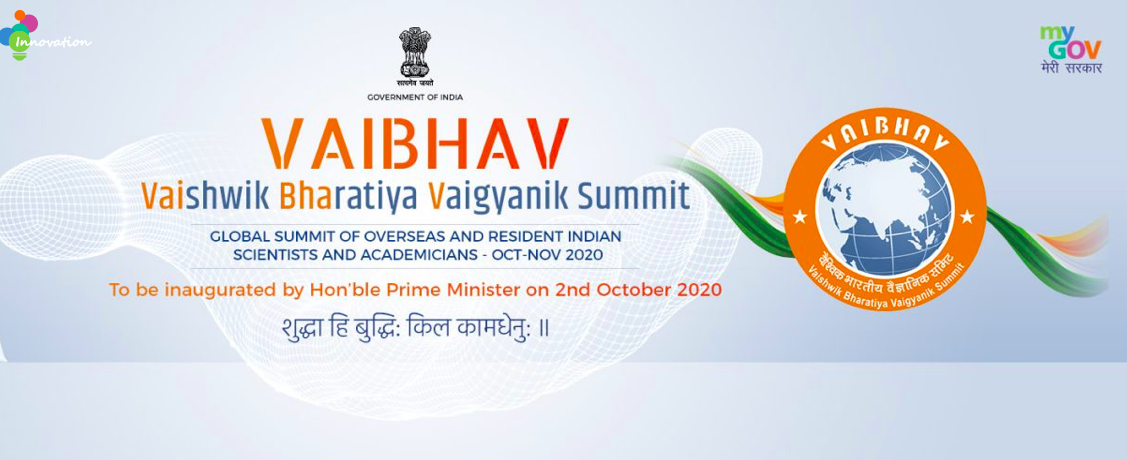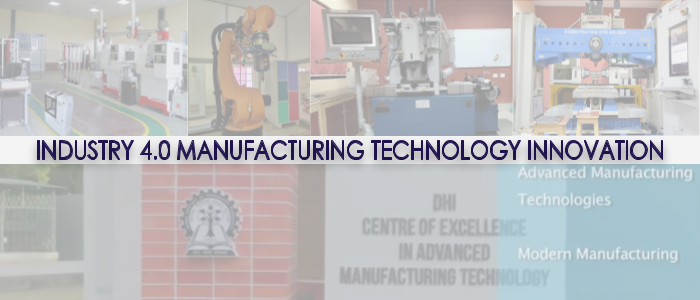
Stepping up Industry 4.0 Manufacturing
Novel Industry 4.0 Technology Jointly Developed by IIT Kharagpur and TCS to Set New Trends in India’s Advanced Manufacturing Sector In an industrial collaboration with Tata Consultancy Services, IIT Kharagpur has developed novel Industry 4.0 technology for remotely controlled factory operations and real-time quality correction during industrial production. At this time of pandemic when staffing has restrictions due to hygiene and social distancing norms, cloud infrastructure, remote and real-time operations systems hold the key to maintain effective industrial operations. But the benefits of controlled operations have a bigger impact especially in the context of Atma Nirbhar Bharat in delivering quality…

